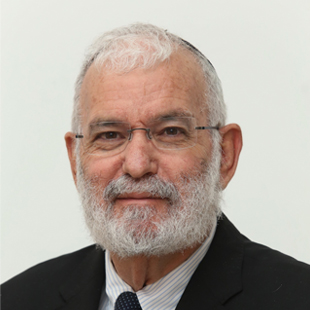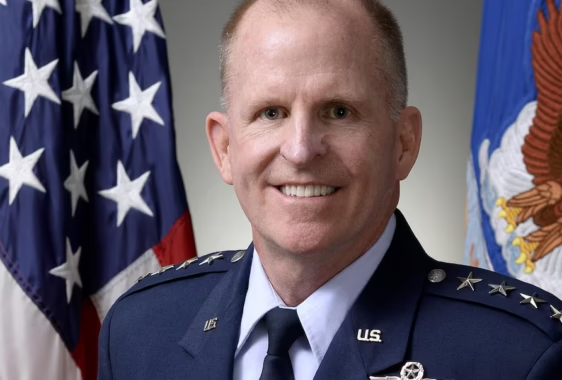Watch Webinar – From Strikes to Ceasefire: Operation Midnight Hammer and State of Play with Iran
Operation Midnight Hammer, the monumental U.S. strikes against Iranian nuclear facilities on June 21, made history several times over. The operation represented the first-ever known American airstrikes inside the Islamic Republic of Iran; the first use of America’s GBU-57 bunker-buster munitions in combat; and the largest B-2 strike in history. The operation’s stunning tactical feats included successful coordination across the U.S. Central, European, Cyber, Space, Strategic, and Transportation commands and the use of over 125 aircraft and a guided-missile submarine.
Underscoring the operation’s success, on June 23, Iran agreed to a U.S.-and-Qatari-mediated ceasefire deal with Israel. Though one day earlier, Iran fired roughly 10 missiles at an American military base in Qatar, reports indicate Iran gave U.S. officials advance notice of the strike and sought to deescalate. While the shaky ceasefire has held since going into effect on June 24, uncertainty and tension continue to permeate the region as Iran, Israel, and the United States consider their next moves.
To analyze Operation Midnight Hammer’s execution and impact, as well as the ceasefire and what might come next, JINSA hosted a webinar featuring JINSA Distinguished Fellow IDF MG (ret.) Yaakov Amidror and two authoritative experts on global strike missions, Gen Stephen Wilson, USAF (ret.) and VADM John Bird, USN (ret.).
Gen (ret.) Wilson is former Deputy Commander of U.S. Strategic Command and a pilot who has flown B-1 and B-52 strategic bombers. In his former capacity as Commander of the U.S. Air Force Global Strike Command, he planned and executed global strike operations. VADM (ret.) Bird, a JINSA Iran Policy Project member, is the former Commander of the U.S. 7th Fleet and previously commanded U.S. Navy Submarine Group Seven and Submarine Squadron Eight.
Jonathan Ruhe, JINSA’s Director of Foreign Policy, moderated the discussion.

IDF MG (ret.) Yaakov Amidror IDF MG (ret.) Yaakov Amidror is a JINSA Distinguished Fellow. MG Amidror was formerly the National Security Advisor to the Prime Minister of Israel, as well as the head of the National Security Council, from 2011-2013. During his 36-year career in the IDF, MG Amidror served as Commander of IDF Military Colleges, Military Secretary for the Minister of Defense, Director of the Intelligence Analysis Division, and as Intelligence Officer for the Northern Command. |

VADM John M. Bird, USN (ret.) VADM (ret.) John Bird, a JINSA Iran Policy Project member, is the former Commander of the U.S. 7th Fleet and previously commanded U.S. Navy Submarine Group Seven and Submarine Squadron Eight. He also served as Commander of Task Force 74, Commander of Task Force 54, and Deputy Commander and Chief of Staff, U.S. Pacific Fleet. |

Gen Stephen Wilson, USAF (ret.) Gen Stephen Wilson, USAF (ret.) is a 2022 JINSA Generals and Admirals Program participant and the former Deputy Commander of U.S. Strategic Command. Gen (ret.) Wilson has served as Vice Chief of Staff of the U.S. Air Force; Director for Joint Integration for the U.S. Air Force; Commander of the 608th Airborne Operations Group; and Commander, U.S. Air Force Global Strike Command. |

Jonathan Ruhe Jonathan Ruhe is JINSA Director of Foreign Policy. Prior to joining JINSA, he worked at the Bipartisan Policy Center (BPC), where he focused on Middle East and Former Soviet Union security issues. His commentary has appeared in the Wall Street Journal, Washington Post, Foreign Policy, The Dispatch, and various international media outlets. |